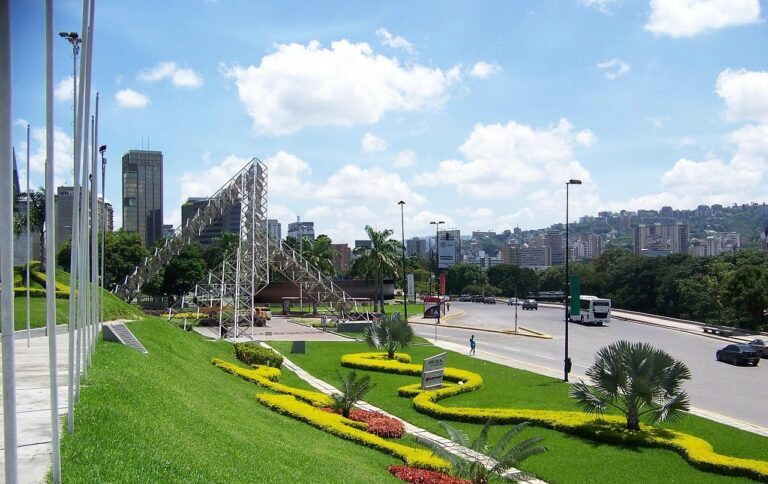
Geneva: Due to its rapidly increasing spread, the World Health Organization (WHO) today classified the COVID-19 variant JN.1 as a separate variant of interest (VOI) from the parent lineage BA.2.86. It was previously classified as VOI as part of BA.2.86 sublineages.
Considering the available, yet limited evidence, the additional public health risk posed by JN.1 is currently evaluated as low at the global level. It is anticipated that this variant may cause an increase in SARS-CoV-2 cases amid a surge of infections of other viral and bacterial infections, especially in countries entering the winter season in the Northern Hemisphere, JN.1 could increase the burden of respiratory infections in many countries, WHO warned. It said it was continuously monitoring the evidence and would update the JN.1 risk evaluation as needed.
Also read: Centre alarmed by first COVID JN.1 variant in Kerala
Current vaccines continue to protect against severe disease and death from JN.1 and other circulating variants of SARS-CoV-2, the virus that causes COVID-19, WHO said. It, however, pointed out that COVID-19 was not the only respiratory disease circulating. Influenza, RSV and common childhood pneumonia were also on the rise.
WHO advised people to take measures to prevent infections and severe disease using all available tools. These include:
- Wear a mask when in crowded, enclosed, or poorly ventilated areas, and keep a safe distance from others, as feasible
- Practice respiratory etiquette – covering coughs and sneezes
- Clean your hands regularly
- Stay up to date with vaccinations against COVID-19 and influenza, especially if you are at high risk for severe disease
- Stay home if you are sick
- Get tested if you have symptoms, or if you might have been exposed to someone with COVID-19 or influenza
– global bihari bureau





